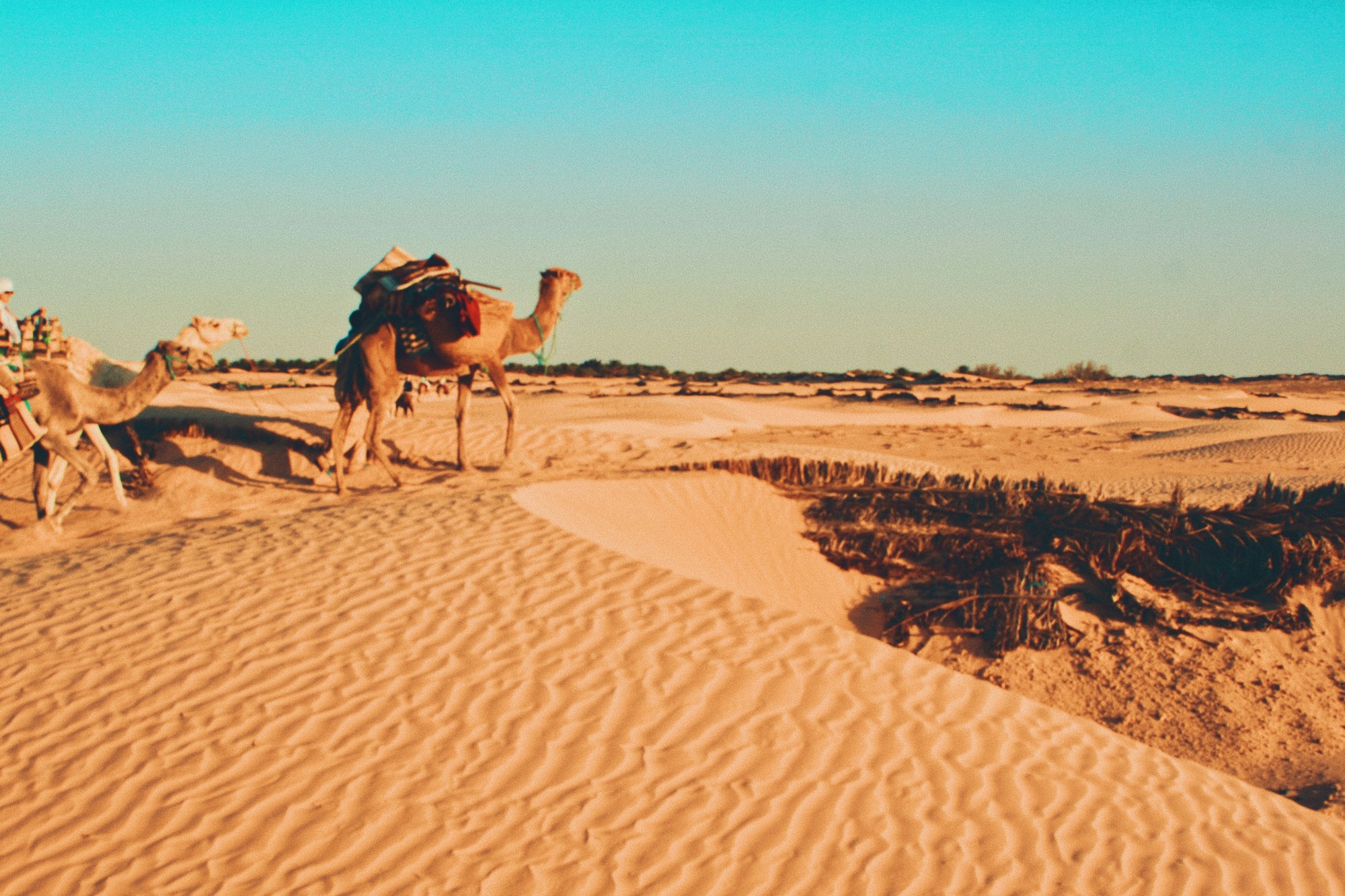Tunisia Cultural Travel: History, Customs, Festivals

Tunisia Cultural Travel: History, Customs, Festivals
Welcome to Tunisia, a country rich in history, diverse customs, and vibrant festivals. This North African gem offers travelers a unique cultural experience that blends Arab, Berber, and Mediterranean influences. Immerse yourself in the captivating traditions, explore ancient ruins, and take part in colorful celebrations.
History
Tunisia has a fascinating history spanning thousands of years. It was once part of the Phoenician Empire, followed by the Roman Empire, and later ruled by the Vandals and Byzantines. In the 7th century, Arab Muslims conquered the region, establishing the foundations of Islamic culture. During the Middle Ages, Tunisia became an important center of learning and trade. In the 19th century, it fell under French colonial rule before gaining independence in 1956.
Customs
Tunisian society embraces a mixture of traditional and modern customs. Hospitality plays a significant role, with Tunisians known for their warmth and welcoming nature. When visiting someone's home, it is customary to bring a small gift, such as pastries or flowers, as a token of appreciation. Traditional values such as respect for elders and strong family ties are highly regarded.
The Tunisian cuisine is a blend of flavors and influences. Don't miss the opportunity to savor delicious dishes like couscous, tajine, and brik. Mint tea, locally known as "nana," is a favorite beverage enjoyed throughout the day. Experience the lively street markets, known as souks, where you can find an array of spices, textiles, and handicrafts.
Festivals
Tunisia celebrates a variety of festivals throughout the year, providing a glimpse into the country's traditions and cultural heritage. One of the most important festivals is Eid al-Fitr, marking the end of Ramadan. Families come together for feasts and exchange gifts. Another significant festival is Eid al-Adha, commemorating Abraham's willingness to sacrifice his son and emphasizing the importance of sacrifice and charity.
The International Festival of Carthage is a renowned cultural event held annually in July. It showcases a diverse range of music, theater, and dance performances from international and local artists. The Douz International Festival of the Sahara is a unique celebration of desert culture, featuring camel races, traditional music, and vibrant Bedouin costumes.
Explore Tunisia
Discover Tunisia's rich history by exploring its archaeological sites and ancient ruins. The ruins of Carthage, once a powerful Phoenician city, are a UNESCO World Heritage Site. Visit the impressive amphitheater of El Djem, one of the largest Roman amphitheaters in the world. Explore the well-preserved Roman ruins of Dougga, an ancient city surrounded by lush greenery.
For a taste of traditional Tunisian life, head to the medina of Tunis, a UNESCO-listed labyrinthine old town. Wander through its narrow streets, visit the Great Mosque of Zitouna, and indulge in local street food. Don't miss the charming blue and white village of Sidi Bou Said, known for its picturesque streets and breathtaking views of the Mediterranean Sea.
If you're a nature enthusiast, explore the stunning landscapes of the Sahara Desert. Take a camel trek across the golden dunes, spend a night under the starry sky, and experience the tranquility of the desert.
With its rich cultural heritage, diverse customs, and vibrant festivals, Tunisia offers a captivating travel experience. Immerse yourself in the history, embrace the customs, and celebrate with the locals to truly appreciate this enchanting country.
